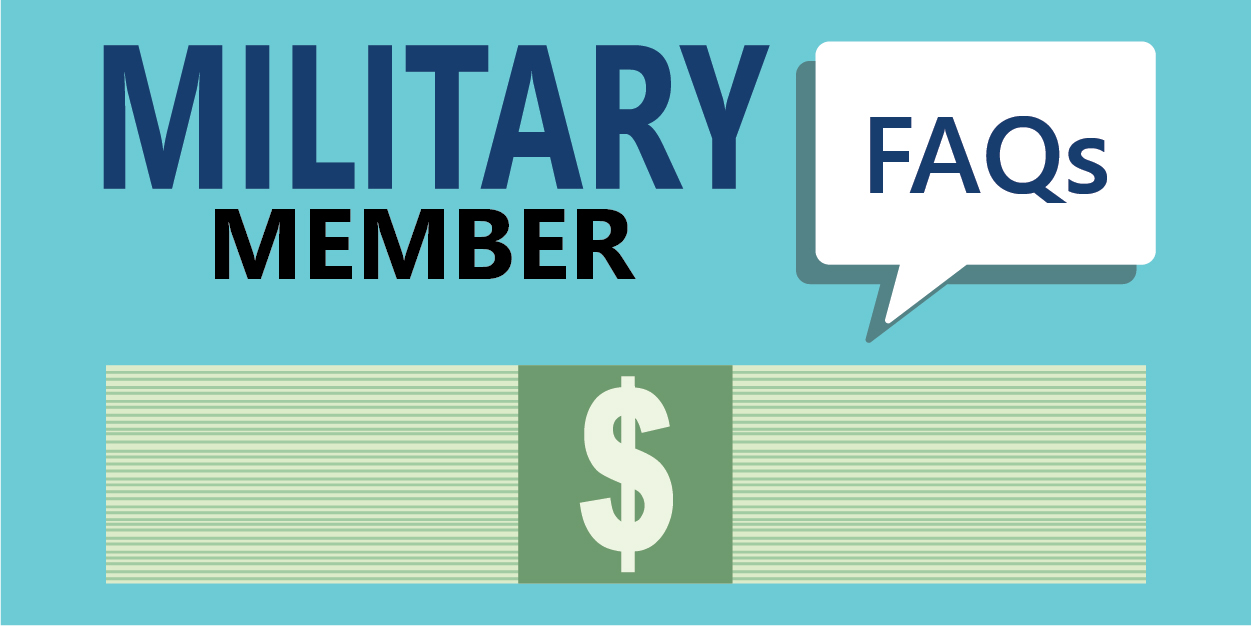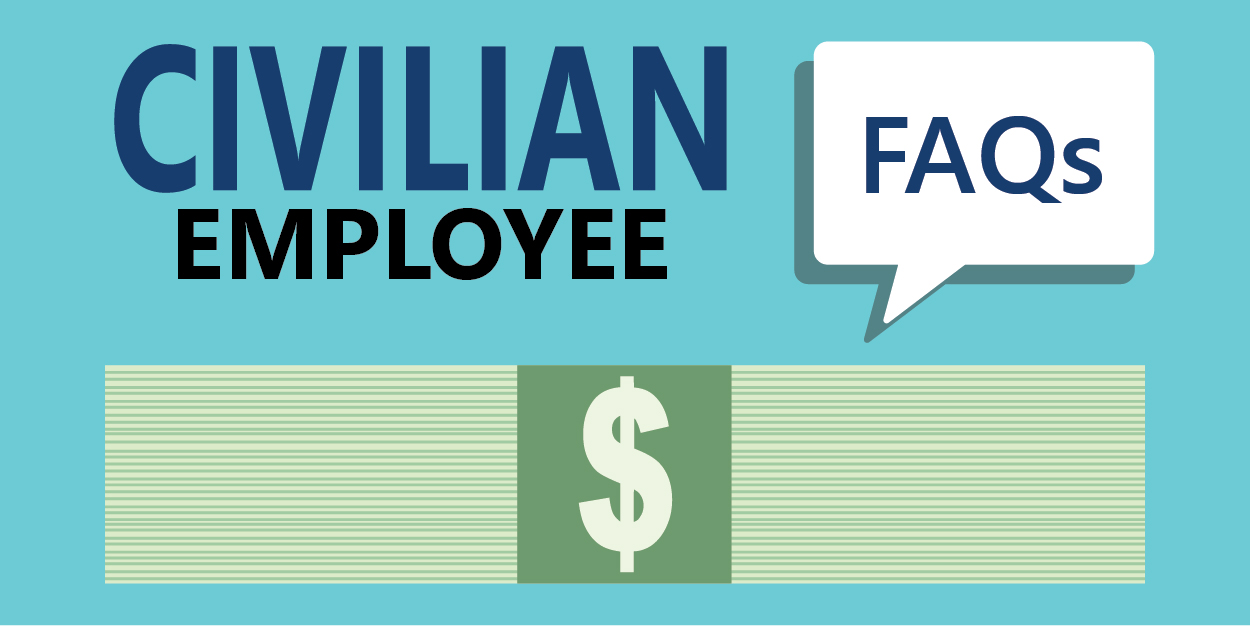WHITEMAN AIR FORCE BASE, Mo. -- A tax deferral is set to begin mid-September and, while we know it's happening, what does that mean for us Traditional Reservists here in the 442d Fighter Wing? To answer that question, it's important to understand what is affected by the tax deferral.
As military members, we are subject to a social security tax, also known as the Old-Age, Survivors, and Disability Insurance (OASDI) tax. This tax is required by law and helps support the Social Security program.
With the new deferral, the social security tax will not be collected until January 1, 2021, and members cannot opt out. The tax will affect those whose bi-weekly pay is less than $4000 pre-tax, as stated in a presidential document by the Executive Office of the President.
For reservists and Guard members, the tax will show up differently on their leave and earning statements, as the tax will still be collected from their initial net pay, stated an article by DOD News. However, a refund for the collected amount will be issued 2-3 days later, producing a separate LES for the refunded amount.
With the current pandemic, it has been deemed necessary to temporarily postpone the tax withholding to ease some of the financial hardship felt across the United States.
While the presidential memorandum postpones the collection of funds, it currently does not let you off the hook for payment. As of now, military members are slated to start paying social security tax again starting at the beginning of 2021.
“Generally, the advice I give to people who ask about this is don’t look at this like ‘wow extra money now,’ but take it and set it aside,” said Dean Lyman, a contracted personal financial counselor working with the 442d Airman and Family Readiness Office. “That way, in January you’ll be able to pull from that little bit of savings you saved from these last couple of checks to help soften the blow a little bit.”
To further prepare, Reserve members can total each refund-generated LES. Beginning January 1, 2021, and ending on April 30, 2021, that total will be withheld evenly from each member's wages. Members can also expect to pay the 6.2% OASDI tax from their initial pay as well.
It's important to note that those who plan to separate or retire between the start of the deferment and January 1, 2021, should still be prepared to pay back the deferred tax, although it has not been stated how it will be collected. Likewise, members who are deployed and pay OASDI tax should be prepared to pay back the tax as well.
“You need to be careful, for instance if you’re deployed now, then you could be getting large dollar values back…Then you go back to reserve status and all of a sudden you have to pay a very large amount on a smaller reserve check, which is a big concern for those that are deployed and something important to know,” said Lyman.
While there is no guidance at this time on how the deferral may affect employee OASDI compensation in the future, it should not affect retirement pay or thrift savings plan accounts, as stated on the Defense Finance and Accounting Service website.
“Another thing I tell people as a good opportunity is to increase your TSP contributions. That also has the effect of taking some of that extra money and removing it from your paycheck,” said Lyman. “And then of course, if you need some of that extra money back come January you could always decrease those contributions.”
Airmen are encouraged to go to the Airman and Family Readiness office if they have any further questions on the subject or questions for their own personal reasons.

